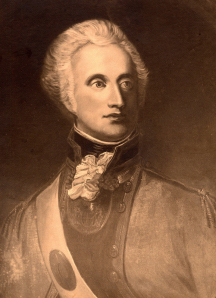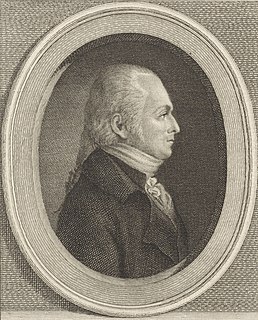Related Research Articles

The Union of South Africa is the historical predecessor to the present-day Republic of South Africa. It came into being on 31 May 1910 with the unification of the Cape Colony, the Natal Colony, the Transvaal, and the Orange River Colony. It included the territories that were formerly a part of the South African Republic and the Orange Free State.
The written history of the Cape Colony in what is now South Africa began when Portuguese navigator Bartolomeu Dias became the first modern European to round the Cape of Good Hope in 1488. In 1497, Vasco da Gama sailed along the whole coast of South Africa on his way to India, landed at St Helena Bay for 8 days, and made a detailed description of the area. The Portuguese, attracted by the riches of Asia, made no permanent settlement at the Cape Colony. However, the Dutch East India Company (VOC) settled the area as a location where vessels could restock water and provisions.

Johan Anthoniszoon "Jan" van Riebeeck was a Dutch navigator and colonial administrator who arrived in Cape Town in what then became the Dutch Cape Colony of the Dutch East India Company.

Colonel William Paterson, FRS was a Scottish soldier, explorer, Lieutenant Governor and botanist best known for leading early settlement at Port Dalrymple in Tasmania. In 1795, Paterson gave an order that resulted in the massacre of a number of men, women and children, members of the Bediagal tribe.
The following lists events that happened during the 1790s in South Africa.
The following lists events that happened during the 1730s in South Africa.
The following lists events that happened during the 1720s in South Africa.
The following lists events that happened during 1905 in South Africa.

Lord Charles Henry Somerset PC, born in Badminton, England, was a British soldier, politician and colonial administrator. He was governor of the Cape Colony, South Africa, from 1814 to 1826.
The following lists events that happened during the 1670s in South Africa.
The following lists events that happened during 1906 in South Africa.

Simon van der Stel was the last commander and first Governor of the Dutch Cape Colony, the settlement at the Cape of Good Hope.

Sir Charles Augustus FitzRoy, was a British military officer, politician and member of the aristocracy, who held governorships in several British colonies during the 19th century.

Baron Joachim Ammena van Plettenberg was the governor of the Cape of Good Hope from 11 August 1771 to 14 February 1785. Plettenberg was presiding governor after Ryk Tulbagh's death. On 18 May 1774 he was permanently appointed as governor.

Jacob Abraham Uitenhage de Mist was a Dutch statesman. He was Head of State of the National Assembly of the Batavian Republic from 17 April 1797 – 1 May 1797, and Commissioner-General of the Cape Colony during the interregnum from 21 February 1803 – 25 September 1804, in accordance with the short-lived Treaty of Amiens. The Cape Colony had been under Dutch control from 1652.
Afrikaners are a Southern African ethnic group descended from predominantly Dutch settlers first arriving at the Cape of Good Hope in the 17th and 18th centuries. They traditionally dominated South Africa's politics and commercial agricultural sector prior to 1994. Afrikaans, South Africa's third most widely spoken home language, evolved as the mother tongue of Cape Coloureds. It originated from the Dutch vernacular of South Holland, incorporating words brought from the Dutch East Indies and Madagascar by slaves. Afrikaners make up approximately 5.2% of the total South African population based on the number of white South Africans who speak Afrikaans as a first language in the South African National Census of 2011.
Baron Pieter van Reedevan Oudtshoorn was a senior official and Governor designate of the Dutch Cape Colony. He was appointed Governor of the Cape Colony in 1772 to succeed the deceased Governor Ryk Tulbagh but died at sea on his way to the Cape Colony to take up his post. The Western Cape town of Oudtshoorn is named after him. He is the progenitor of the van R(h)eede van Oudtshoorn family in South Africa.
Adriaan van Kervel was governor of the Cape Colony from August 31, 1737 to September 19, 1737. After only three weeks of serving as Governor, Daniel van den Henghel is appointed in acting capacity. He was married to Aletta Corssenaer who died shortly after.
Willem Helot, secunde and Acting Governor of the Cape Colony.
Louis van Assenburgh, , Governor of the Cape Colony between 1708 and 1711.
References
See Years in South Africa for list of references.